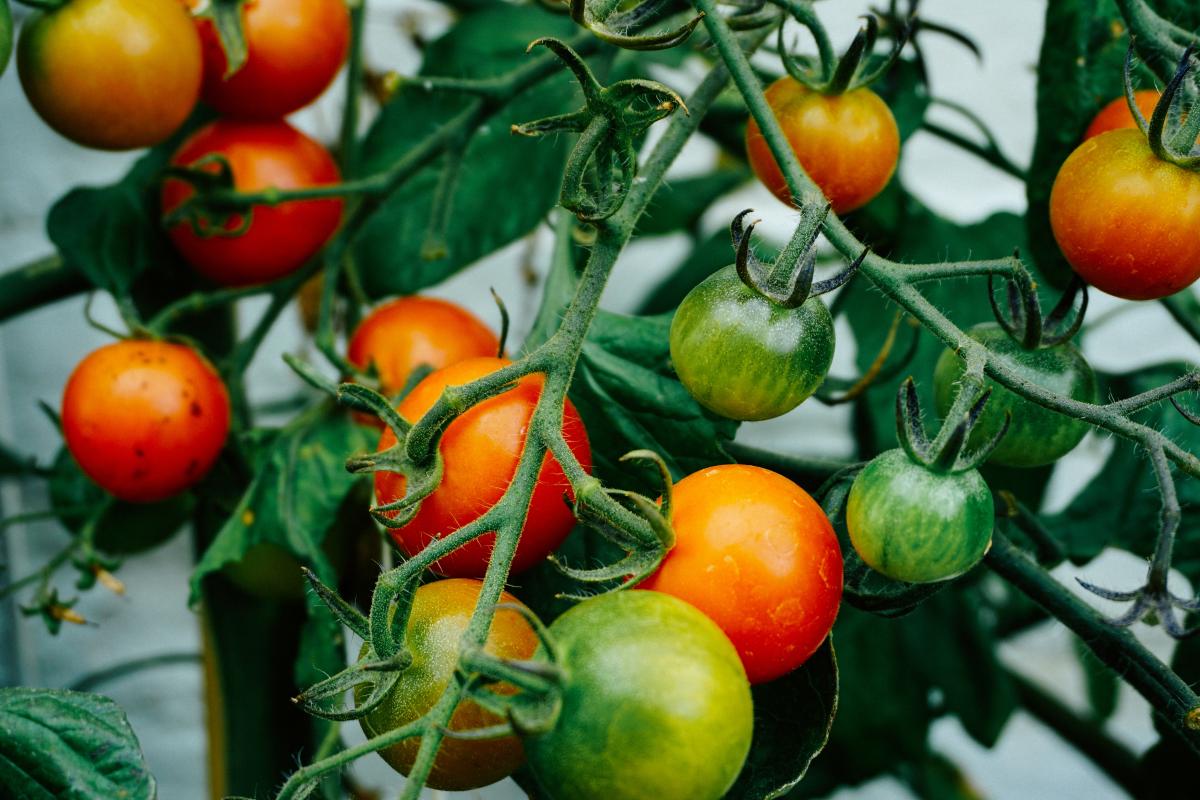
Day 2 of a 4 day unit (with an optional day 5) on hydroponics, urban farming and vertical farming. Students will learn about hydroponics used on the International Space Station and vertical farming

Day 1 of a 4 day unit (with an optional day 5) on hydroponics, urban farming and vertical farming. Students will learn about hydroponics used on the International Space Station and vertical farming

This is the second lesson in a series of four lessons on building a robotic rover with the BBC micro:bit. In this lesson, students will design, model, and 3D print brackets for a TT motor to find the

The lesson plan consists of three labs that students can perform to investigate photosynthesis by preparing a slide and observing the chloroplast, test for the presence of glucose in leaves and
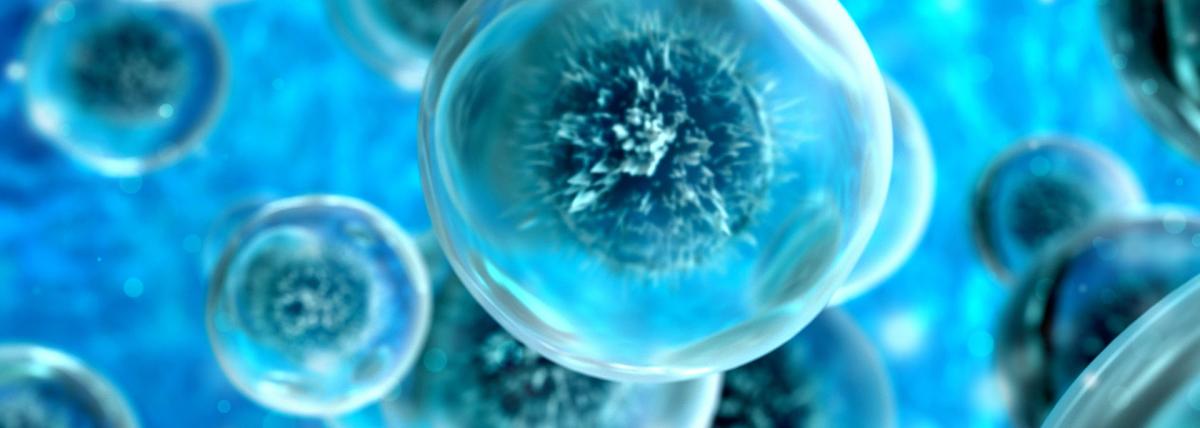
This lesson is about the effect of enzymes on the rate of chemical reactions in biological systems.

In this lesson students will explore the world of VR and proceed by creating a model of what their VR world would look like if they could make one.
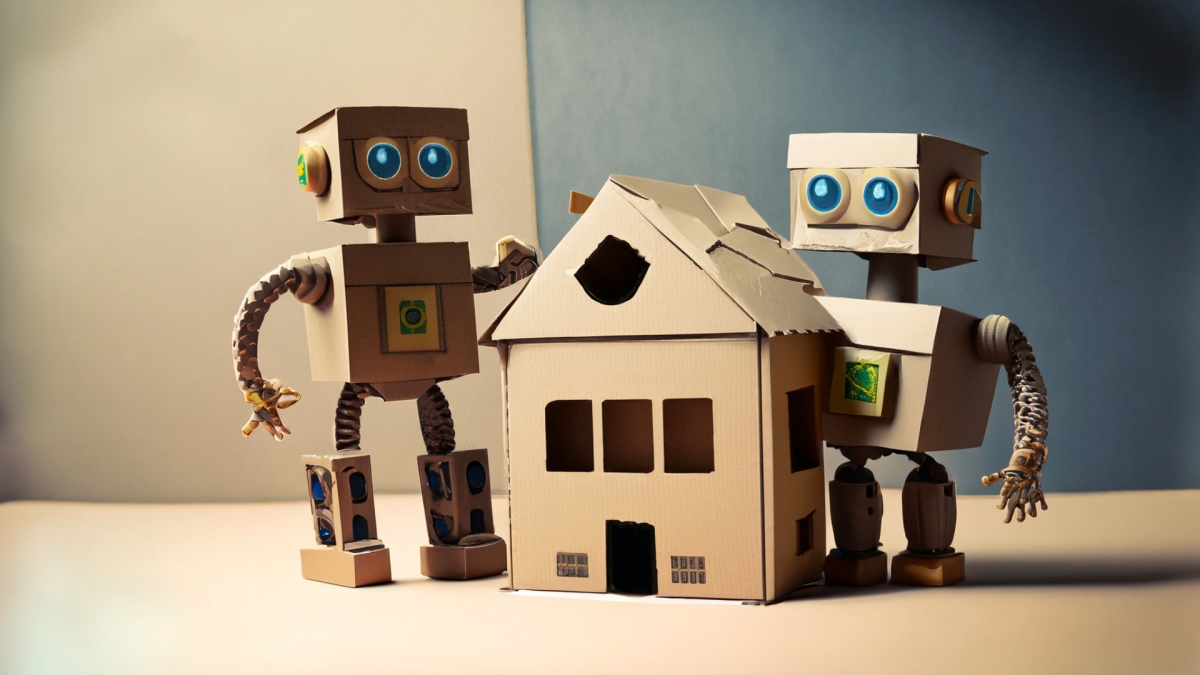
This multi-day activity is designed for an introductory 4th grade STEM after school club. It can be easily modified for whole classes and for lower and upper grade levels. The activity has students

This STEM lesson is all about foam gliders, aerodynamics, and the engineering design process. Students will explore flight through foam gliders and then use what they learn to plan and construct their
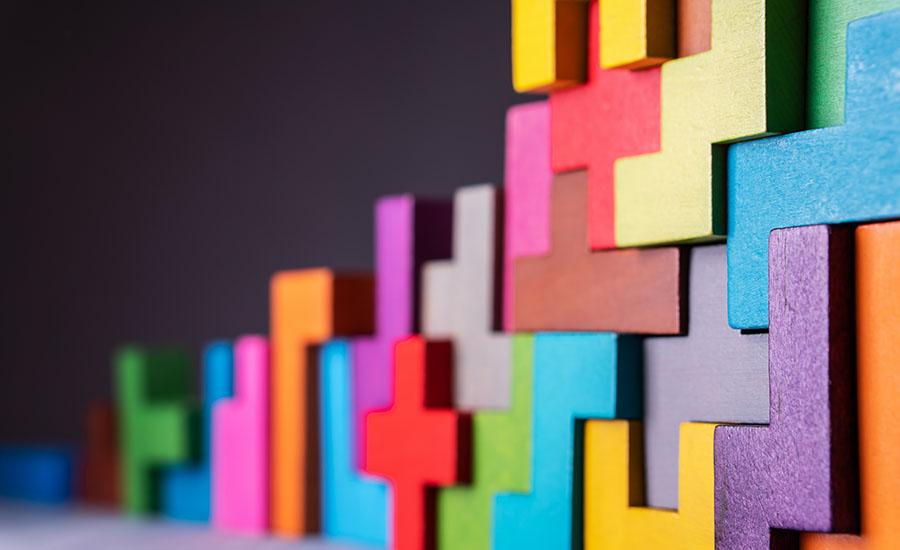
Students will create a 3D bookmark in Tinkercad. I pace this unit for three days. Day 1 is the introduction of 3D printing and practice in Tinkercad. Days 2 and 3 are creating and sharing their

This is a lesson about finding the volume of cubes and students will build a final project out of cubes and calculate the total volume.

Students will explore the phenomenon of length of day that is created by Earth's tilt on its axis in relationship to its orbit around the sun. Students will collect and analyze data about the length

This is a lesson plan for 6th grade Math about the Surface Area of Rectangular Prisms. Students will be exploring and measuring real life examples in order to determine the surface area.

Students will use empty soda bottles and a heat lamp to model the greenhouse effect that is essential for life on Earth. They will collect data and use it to create a graph of their findings.

This lesson plan brings us to the life of Winter and how her prosthetic tail helped her live a better life. The students would learn about the engineering design process in prosthetics and experience

This is the first of a series of lessons where students will build a robotic rover using the BBC micro:bit. In this lesson, students will determine the proper diameter for M3 bolts by making test

In the unit, students will identify ways abiotic and biotic components work together in an ecosystem and what happens when it's disrupted through a analyzing wildlife roadkill in Arizona. Students

Coding a robot to solve a math problem has made math even more fun! In this lesson, students will work with a partner to write a code that will enable the robot of their choice to successfully solve

In this lesson, Kindergarten students create a program that will teach their robot how to solve a simple addition problem. This lesson reviews prior learning students have already received regarding

ArtBot is an innovative educational tool designed to introduce students to the fascinating world of electric and magnetic interactions through the medium of art. This unique robot is equipped with

A thermos is a must-have device for anyone who wants to enjoy hot or cold beverages on-the-go. It is a simple yet ingenious invention that utilizes scientific principles to keep our drinks at the

This is the first lesson in a series of four that are designed to help guide students to design and implement their own independent STEM research project.

Students will continue their investigation into school waste by exploring the area provided for a composting. Students will measure to find the volume of the three compost spaces. They will then

Water Troughs on the Rez is a lesson plan to help students understand the mathematical perspective of everyday items around our homes on the reservation. Students are to share different types of water
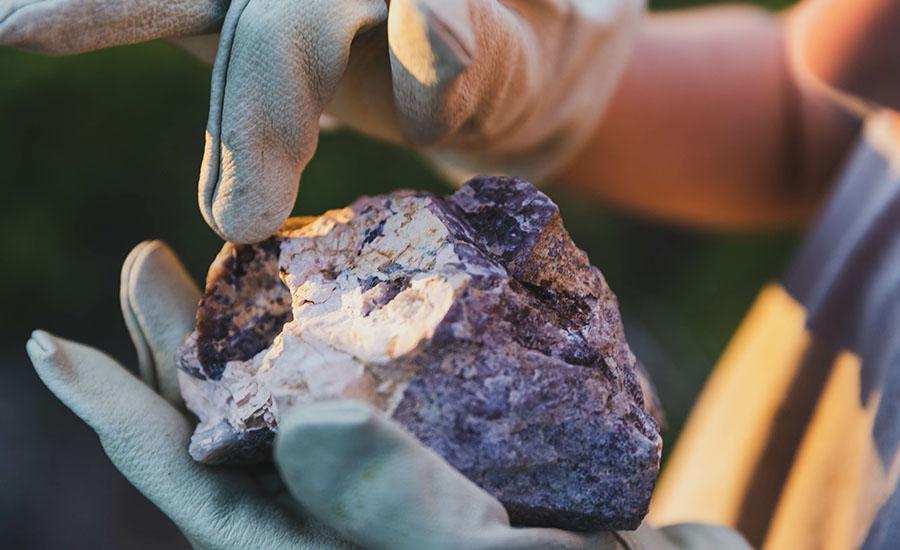
Students will continue to learn about the mining process and will get the chance to do some mining in this lesson. They will get to determine the best area to mine using core samples. Students will
